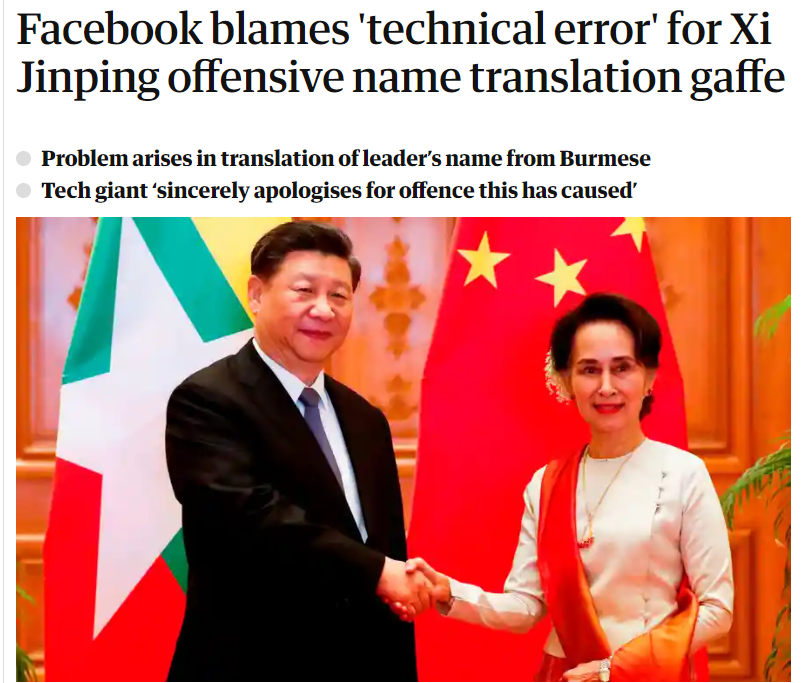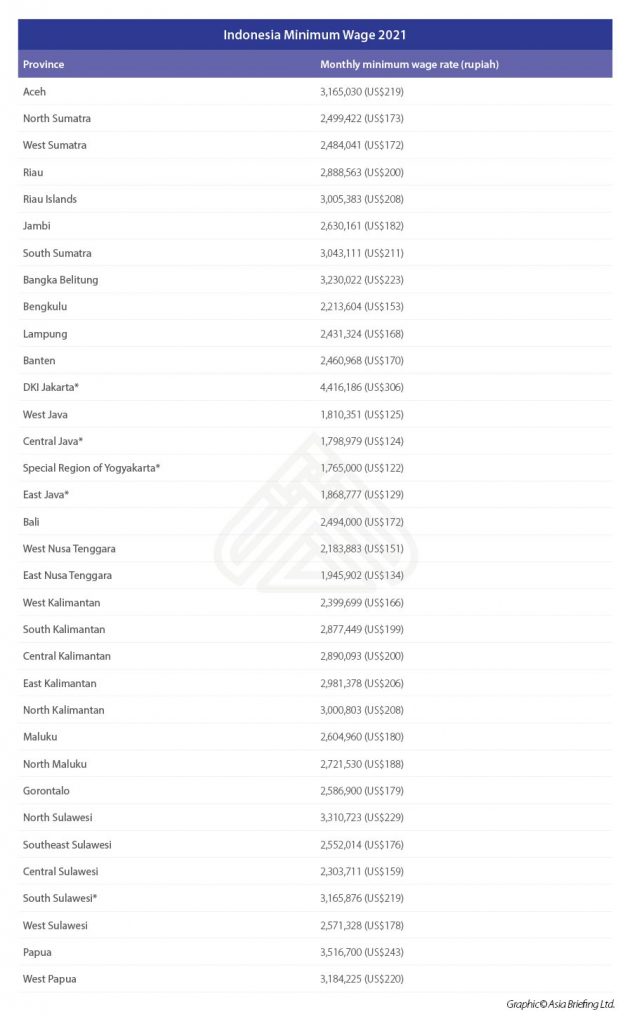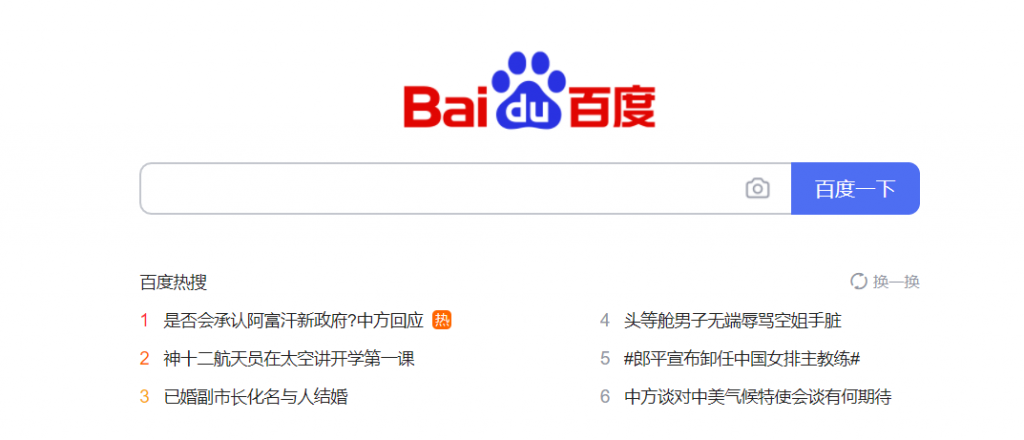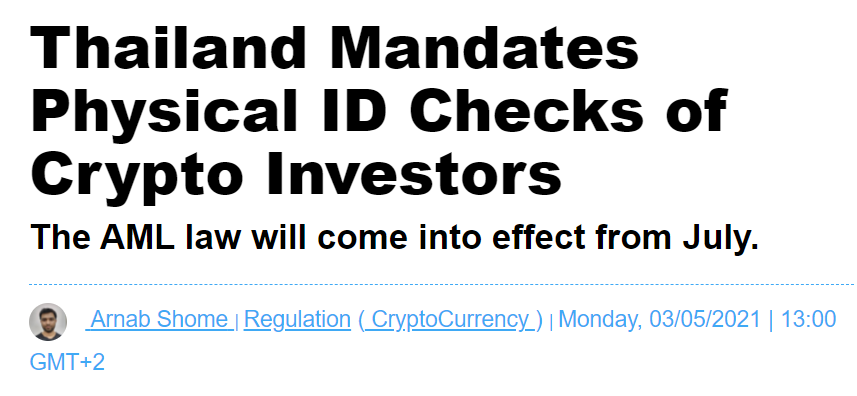Forex is a competitive and fast-moving industry, with many well-established brokers looking for new and exciting opportunities. While expanding from Europe into Asia is an attractive proposition, it’s important to do your research and fully understand the Asian landscape before updating your business model. As a content marketing agency with a strong international presence, we’re highlighting what forex brokers need to know before targeting Asia. So, grab your coffee, let’s do this
#1 Asia Is Not One Country
It might sound obvious but first things first, Asia is not one country. If you’re going to successfully promote FX products in Asia, you need to differentiate between established trading hubs and emerging markets. You should also study the trading volumes in different parts of the continent. Here are a few quick-fire must-knows to get you started.
- Singapore is the largest forex trading hub in SE Asia boasting a mature regulatory framework. Singapore is also the third largest FX market globally after London and New York City. The growth in the Singapore market has primarily been concurrent with the growth in Asian currencies such as CNY, JPY and KRW. FX swaps are the largest product class, accounting for around half of all trades.
All five of the largest global banks have their regional FX trading and sales teams based out of Singapore. The Monetary Authority of Singapore (MAS), which is the financial regulator of Singapore, has stepped up its efforts to maintain Singapore’s position as the go-to financial hub in the region. MAS has been strengthening the hedging and trading activities in the country by bolstering Singapore’s e-trading infrastructure. Better infrastructure will improve price discovery for traders and help trade execution.
Important Fact: A broker who wants to set up a base of operations in Singapore is required to have a Capital Markets Service Licence
- Indonesia, Malaysia, Thailand and Vietnam are emerging markets with an estimated 3 million CFD and forex traders. However, there are ongoing licensing issues. And investor safety concerns have been raised. This is because many offshore forex brokers in these regions operate without a license and offer unsafe leverage due to the lack of regulatory oversight. According to Trade Forex Malaysia, unlicensed brokerages and unfair practices have raised alarms with the regulators in the region and they have issued alerts and warnings time and time again. SC of Malaysia even added many leading brokers in their investor alert for non-compliance and operating without authorisation.” The Philippines is also a growing FX hub but there are currently no laws or regulations around FX trading.
Important fact: Always do your research regarding licensing and maintain your business integrity when operating offshore. When targeting Malaysia, understand that the Labuan FSA has become one of the most prominent offshore destinations for global brokerages to obtain a license. Labuan is legally a part of Malaysia, and they offer financial regulation to international FX and CFD brokers, but brokers can’t offer their services in Malaysia under this regulation.
- Indonesia is considered to be the largest growth market in the SE Asian region with forex and CFD markets regulated by BAPPEBTI. To date, 66 brokers have been licensed by the regulator to operate in Indonesia. The country has one of the fastest growing economies in the world, with its GDP growing from $1 trillion to $2.8 trillion between 2013 and 2021. Apart from the growing economy, other factors that make Indonesia an attractive destination for forex brokers are demographics and location. Some of the most prominent brokers operating in the area include InstaForex, FXOpen, Exness and FBS.
Important Fact: When establishing yourself in the Asia market, be sure to highlight your credentials in order to build trust among traders.
One of the largest forex brokers in the country is Monex (MIFX). Monex has an approximate market share of 32% of the entire forex industry of Indonesia. It is the only local company that has a sizeable market share in the country and can be used as an example of local FX marketing. Note things such as the use of local language, the promotion of points and rewards, repetitive call-to-action buttons, rapid sign-up forms, personalised trading areas and more.
- Thailand is an exciting destination for international forex brokers. The government of Thailand, through the Bank of Thailand (BOT) and the Securities and Exchange Commission (SEC), provide a solid framework for trading forex and CFD instruments. This gives FX traders more confidence as they know investment and trading activities must be conducted in line with the guidelines issued as brokers are legally required to have a license from the SEC. Beware, popular forex brokers have been blacklisted due to failing to comply to this requirement.

That said, Thailand (like many Asian countries) is clamping down on crypto trading, with new rules and regulations. Now, crypto exchanges must verify the identities of their customers by using a ‘dip-chip’ machine, which requires the physical presence of the clients. First introduced in July 2021, the new rules around anti-money laundering practices of crypto exchanges will slow down the onboarding process on Thai crypto exchanges. Thailand is currently experiencing an exploding demand for cryptocurrencies. The country had 697,780 cryptocurrency accounts as of April and around 160,000 accounts were added in 2021 alone.
#2 Language is an Extremely Powerful Tool
As you get set to take your business into Asia, it’s also important to recognise the importance of language as a marketing tool. Firstly, there’s a huge amount of language diversity. The language the Western world labels Chinese, for instance, comes in many dialects including Mandarin which is the official Chinese language and Cantonese which is spoken in Macau, Hong Kong and Guangzhou. It’s essential to know that any ad copy or content marketing you do will require language localisation, as direct translation is not enough in most cases. If overlooked, language may hurt your credibility and brand.
Important Fact: In order to nail language localisation, you must know the demographic you want to target as this will allow you to pinpoint the most accurate geographical location and use the right language for that particular culture. Finding the right localisation partner is key as website localisation is far from easy.
Thinking of bypassing this step to save time and money? Facebook would probably advise you otherwise. The tech giants ended up red faced back in 2020 when a so-called technical error changed Chinese leader Xi Jinping’s name to Mr. Sh*thole in posts on its platform when translated from Burmese to English. Similarly, a headline in a local news journal appearing as “Dinner honours president shithole,” emphasised the need for accurate translation and strict post monitoring.

HSBC also learned the hard way with a mistake that cost them $10 million for a tagline change. Unfortunately, their flagship “Assume Nothing” slogan, translated in many Asian countries as “Do Nothing” which is obviously not something they wanted to project globally. This ended up being changed to “The World’s Private Bank” which was much friendlier to translate. So as a FX brokerage looking to expand, always make sure that your main name, slogans and catchphrases translate well into local languages.
And take your time to learn about the culture too. In every culture in the world there are peculiarities, symbolism and superstition. We know of a forex broker who gave clocks as a free expo gift in China. Clocks are the symbol of time running out which is why they are often viewed as a rude gift, especially if given to seniors. The word is also very similar to the word for attending a funeral ritual. It is a big no in Chinese culture to gift someone a watch or clock.
#3 Audience Demographics Differ Considerably
As a brokerage looking to settle and expand in Asia, it’s essential to analyse the demographics of each country before attempting to enter the region and acquire clients. If you’ve been targeting London where traders are expected to make an initial deposit of between $100-$500, don’t think the same approach and figures will work in Laos where the average minimum wage per month is $100. Note that minimum wages sometimes don’t exist at all and if they do, they can differ by region as shown in the chart below.

Brokers in Asia tend to accept very small deposits, so it’s important to research the area you want to target thoroughly and to analyse your competition to help you advertise the right deposit amounts.
#4 There Are Many FX Payment Methods
The FX payment network has come on leaps and bounds in recent years. Indeed, FX brokers in Asia give their clients several options when deciding how they will deposit funds into trading accounts and it’s up to you to decide what’s the safest and most reliable option for your company. eWallet funding methods, for example, are considered easy to use, convenient and typically come with lower transaction costs making them appealing to consumers.
Some of the most used eWallet funding methods include Webmoney, Skrill, PayPal and Neteller. Trading accounts can also be funded through credit or debit cards and it’s possible to make offline payments through Western Union and other local deposit services. The latter is a much pricier option for traders, however, and is not typically fast.
#5 Social Media Marketing is Not Always Straight Forward
The rules around marketing finance products on social media have become stricter in recent years. For example, Facebook’s policy prohibits ads that promote financial products and services that are frequently associated with misleading or deceptive promotional practices, such as binary options, CFDs, initial coin offerings and cryptocurrency. But things are even more complicated for marketers in Asia, where Facebook is banned in China and blocked in North Korea. Twitter is also officially blocked in China as is YouTube and Google itself.
While practices such as margin trading are banned in China completely, many global forex brokers accept clients from China. There has certainly been a squeeze on IB networks in recent years who connected Chinese clients with Western FX firms, however, it’s still possible to get your name out there organically by having a strong presence on Baidu. This is the most popular Chinese search engine with 75% of web search users. Indeed, reports suggest that Baidu gets around 6 million+ requests concerning forex, so it’s essential to have your PPC and SEO strategy on-point.

When developing your social media presence in countries that are more lenient with social media such as Singapore, don’t forget local regulations as this will guide what you can and can’t say. For example, MAS enforces leverage caps, with companies only able to offer a maximum of 20:1 regarding forex trading. With this in mind, it would be foolish to promote higher leverage as this goes against the rules and could loose consumer trust for your brand. Singaporean traders are very organised and on-the-ball. They will spot your mistakes and errors of judgement. Singapore is also a small country where reputations can fall easily, so be extremely careful.
TIP: Social media ads promoting your education, company culture or community efforts are likely to be more successful both on the platforms and with your local audience.
#6 Trust Can Make or Break Your Entry into Asia
Many Asian traders do not trust foreign brokers and it’s not hard to see why. For several years now, offshore businesses have attracted consumers with high leverage and minimal risk warnings resulting in catastrophic losses. So if you hope to target Asia successfully it’s important to build trust in the right way. This includes localising the language on your website so that regional traders know the products and services you have to offer. It also involves creating social media accounts and business pages that are easily searchable. Of course, you need to manage them too by providing support in the relevant languages. You might also want to open a regional office or helpline that people can access. Seeing that local address on your marketing materials is a big win. Or how about creating a digital assistant or a chat portal to put minds at ease?
You also need to keep your technology up and running smoothly as glitches or delays in trading displays can lead to serious losses and a lack of trust. Relying on external data centres could affect you adversely and so it’s important to partner with local hosts who can optimise performance. They will also understand local laws, including surveillance and censorship such as ‘The Great Firewall of China’ which regulates internet usage domestically.
Contact Contentworks today for a marketing strategy that works for your brand and target region. Whether you’re focussing on local marketing or reaching further afield, we can help with our range of services that include video marketing, PR, blogs, website content, e-books, financial market reporting and social media management.
Enjoyed reading What Forex Brokers Need To Know Before Targeting Asia? Go ahead and hit share.

